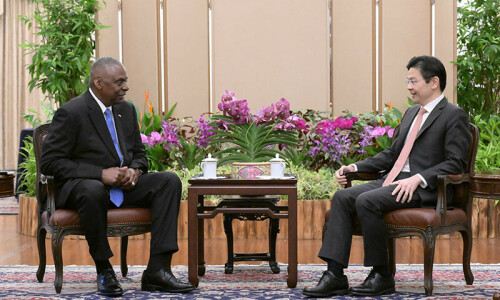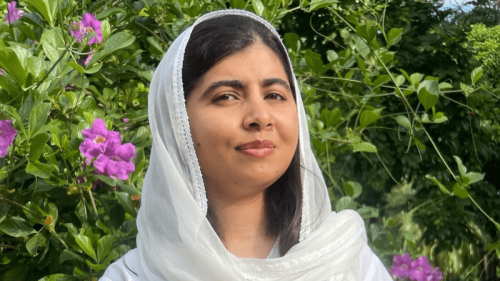ACCORDING to Article 160, after every five years the centre has to announce/revise the NFC award. It contains certain types of taxes such as (1) income taxes, (2) general sales tax on goods and services, (3) wealth taxes, (4) capital gains taxes, port taxes, excise duties and industrial taxes, etc., which are collected in each province. These are then pooled and redistributed according to the NFC formula.
What taxes to include in the distribution pool and the distribution formula is a subject of debate. So far Pakistan has announced five NFC awards. The fifth award, adopted in 1997, was supposed to be valid for five years but failure to reach agreement on a sixth has meant that the fifth is still in operation. The most contentious issue is the criteria to apportion the amount in the divisible pool. According to the present formula, population is the sole determining factor of distribution of resources between different provinces.
This could have been acceptable if the capacity to generate resources was in line with the level of population and poverty level was almost the same in every province.
But such a situation is not obtaining in the country. For instance, Punjab, on average, has been contributing about 22.9 per cent to the national exchequer but receiving more than 58 per cent of the resources.
For Sindh, the position is quite the reverse. It has been contributing about 68 per cent but receiving only 23 per cent. The argument by Balochistan also cannot be easily overlooked.
The award has long been and is still based on population, predominantly fulfilling Punjab's desire. But all other provinces want different criteria. Sindh has been calling the revenue generation to be the base for the award, the NWFP used to cry for backwardness and Balochistan kept up demanding the NFC with inverse population density (area, population ratio).
The provinces demand that a permanent NFC award according to the aspirations of the provinces is needed to keep the federation united and help it grow stronger.
Examples of Australia and India prove that a multi-factor basis for resource distribution is an answer to the unrest among provinces. The existing NFC award is a deviation from what the Constitution demands.
The addition of backwardness, revenue generation, inverse population density along with population are factors to determine horizontal distribution (among provinces) to make new NFC award acceptable to all federating units.
The distribution of funds from the centre to provinces and among themselves has long been a threat to a 'fragile' provincial harmony, provincial autonomy and national security.
In financial year 2007-08 the total national revenue collection was Rs1,485bn, with Sindh contributing Rs1,035bn. But in return it got Rs175bn on the population-based NFC award.
The centre must cut its non-development expenditure to ensure availability of maximum funds for provinces in vertical distribution. The main objective is to remove the provincial disharmony by granting them financial autonomy.
Being a member of the Sindh Assembly, we have twice unanimously passed a resolution and recommended to the centre that in the forthcoming NFC award it should allocate 50per cent for the provinces against the prevailing formula of 62.5per cent for the centre and 37.5 per cent for provinces under the 1996 NFC award to remove inter-provincial disharmony.
Moreover, the centre should announce the sixth NFC award at the earliest in which revenue generation, poverty and deprivation and human development should be focused. Also, the centre should give royalty on the existing natural resources in each province, e.g. gas, oil and coal, at 25 per cent formula.
Moreover, GST should be declared a provincial tax so that prosperity, development, employment, welfare and economic uplift of 170 million people could be ensured. The new distribution formula should be so worked out that it satisfies everyone, specially the smaller provinces.
HUMERA ALWANI
Sindh MPA
Thatta









































Dear visitor, the comments section is undergoing an overhaul and will return soon.